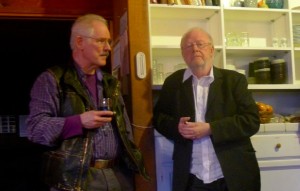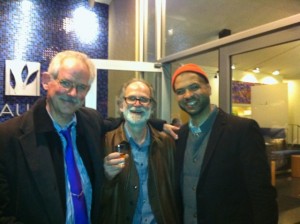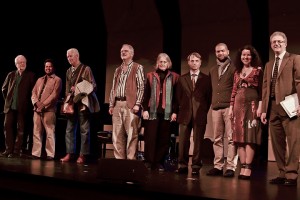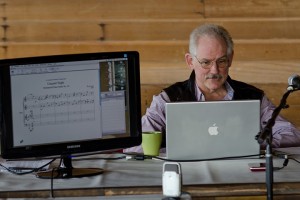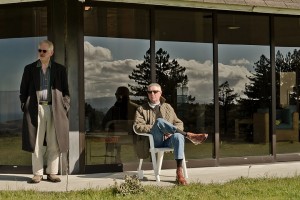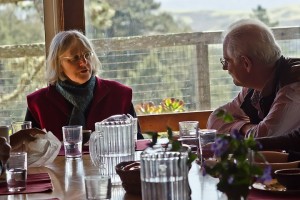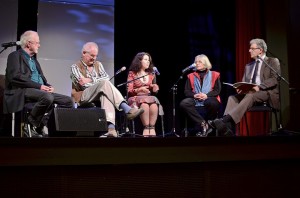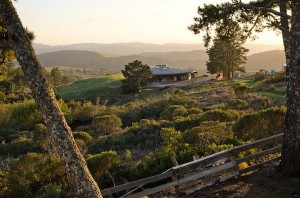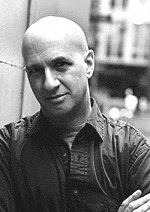Tomorrow night my string quartet Concord Spiral is being premiered by Contemporaneous, the remarkable new-music ensemble of Bard students run by Dylan Mattingly and David Bloom that’s not connected with Bard, they just do it. They give several concerts a year here, and tour from Hudson to NYC. This concert’s at 8 PM at the Bard Chapel, and also includes world premieres by Ryan Chase and William Zuckerman.
And I’m still on a high from my residency at Central Michigan University, who on Tuesday presented the best-performed one-composer concert of my music I’ve ever had. It was nice being back in the midwest, the vibe less snobbish, the students more eager to learn – though perhaps one can’t generalize just from CMU. It’s a subject for when I have time to write more, which I may not for a few more weeks.

